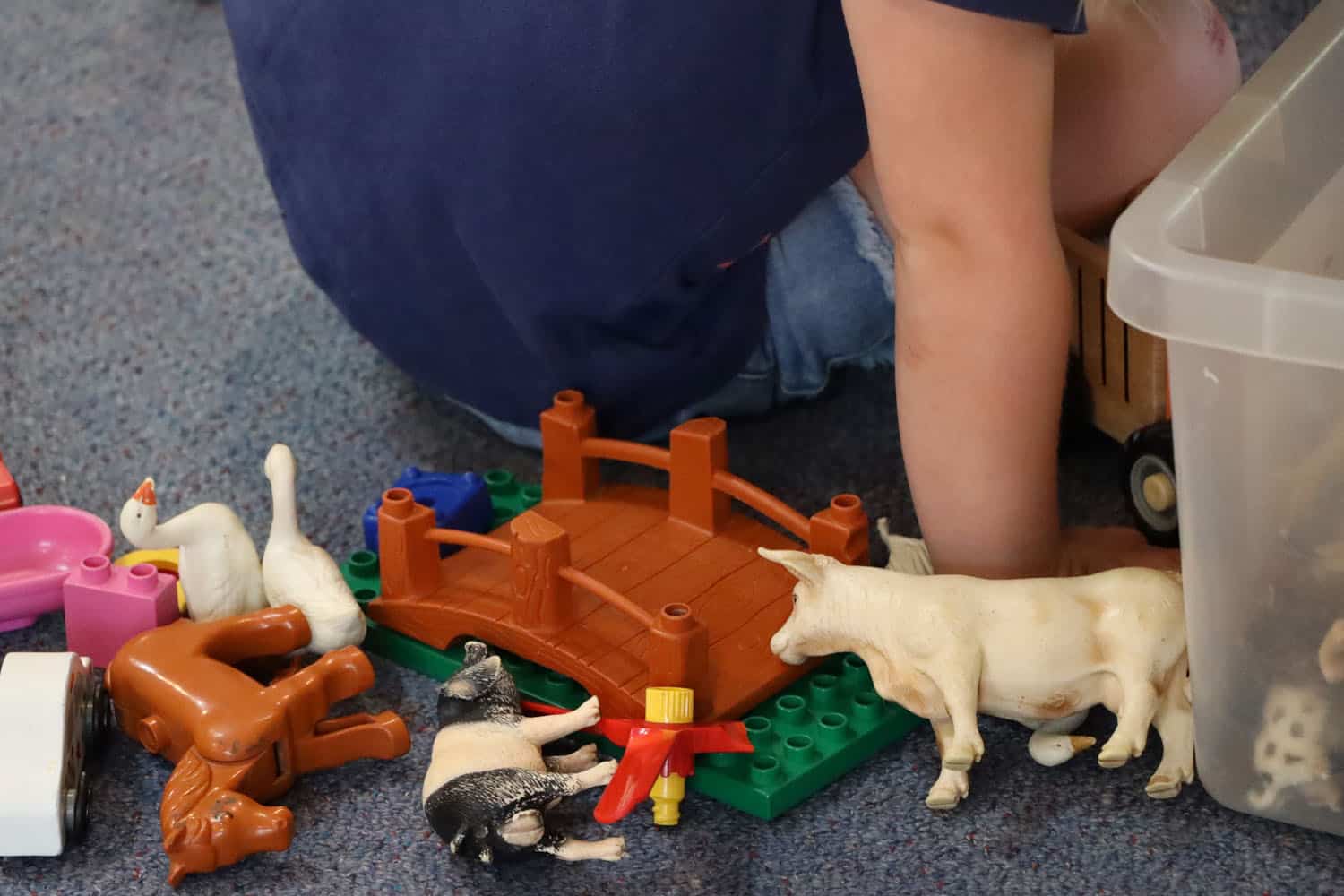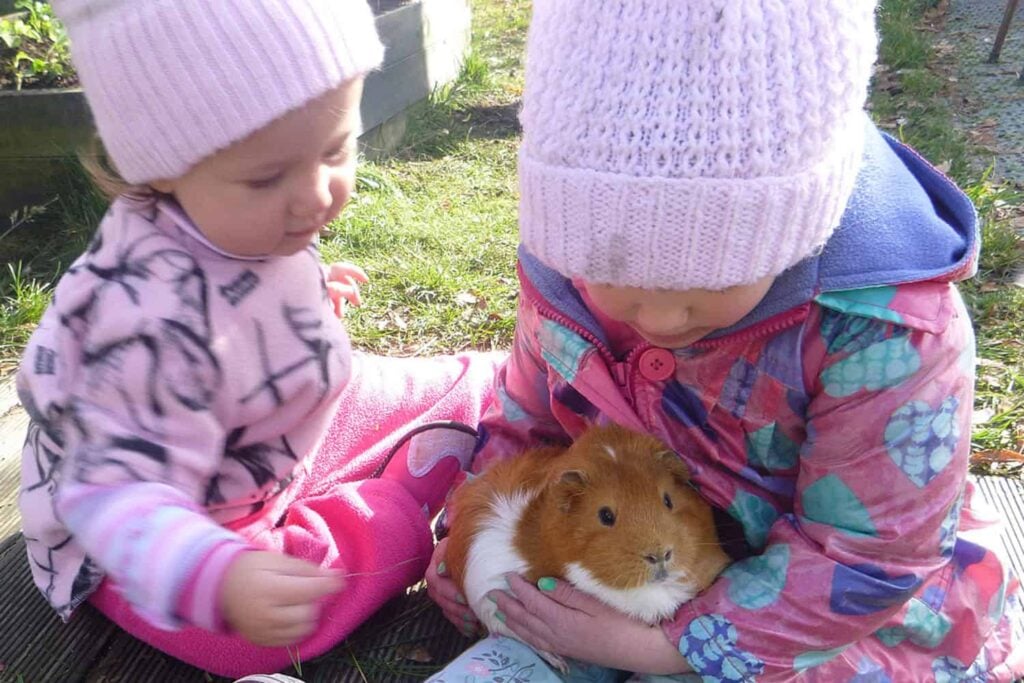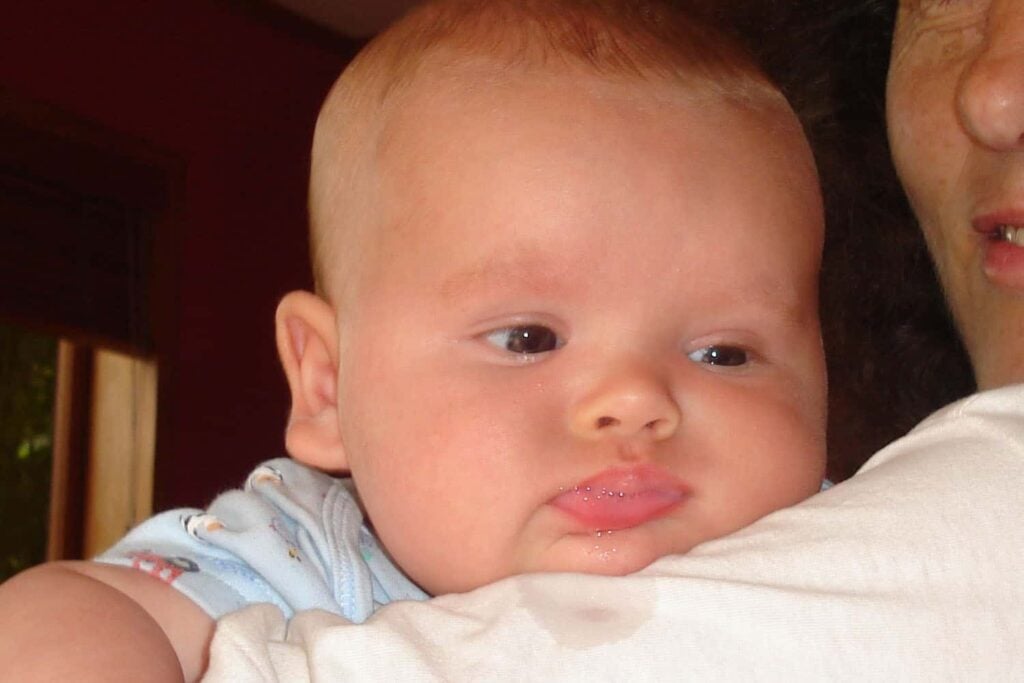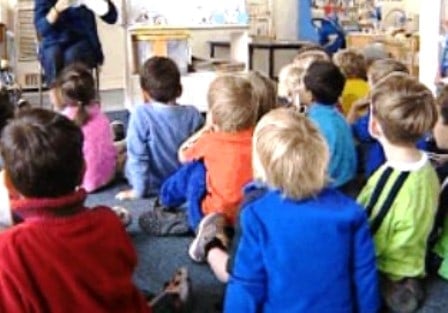September 29, 2011.
Earlier claims that intensive quality early childhood education is vital for children’s later success are not held up by the latest reports from the NZ Competent Learners Study.
The NZCER and Ministry of Education government funded study has tracked around 300 Wellington children from close to 5 years of age, picking up another couple of hundred at 8 years of age and following the combined group to 20 years of age.
The study was originally set up in 1993 to look at whether, and how, early childhood education advantages children in their learning.
Sample selection was biased toward children from high-income families and with mothers who have trade and tertiary-level qualifications. It excluded children from Kohanga Reo and focused on children in mainstream Pakeha/European early childhood education.
The latest report released this month, ‘Experiences and Views of Competent Learners @ 20’, says children from these families who had higher cognitive, maths and problem-solving scores on starting school were more likely to continue to do well through schooling and achieve NCEA 3.
The results do not show if this achievement has any relationship to the quality of early childhood education children experienced. And the research is unable to make conclusions about the efficacy of early childhood education or otherwise since only children who attended formal early childhood education services are in the study.
A previous report in the study series showed no statistical association between higher educational and social success at age-16 and time spent in early childhood education. In other words teenagers who attended early childhood education as a baby and for longer hours in the day were not advantaged significantly more over those who started when they were older and attended a few hours a day.
Out of the study’s original list of process and structural (e.g. ratios and staff training) indicators of quality in early childhood education just 5 continued to show a statistical association, although weak, to children’s performance at age-16. Four indicators are about how adults interact with children (e.g. ask open questions, play with children) and the fifth indicator is about the extent to which written words are displayed on walls, books etc for children to see everyday. These indicators or features of quality in an early childhood service reflect middle-class mainstream European/pakeha values.
Interestingly, at age-16 the study noted a continuing statistical association between children having fewer social difficulties at age-16 and having parents who selected an ECE service that had more higher-income families participating in it.
The latest results for learners at age-20 suggest that its the quality of subsequent schooling, teaching, and parenting, that makes a difference. For the mainly middle-class sample of children in this study, participation in quality early childhood education was not found to make a vital contribution to their long-term educational outcomes.
To date the Christchurch Health and Development Study with a birth cohort of 1265 children still provides the only other longitudinal data on the effects of early childhood education on New Zealand children; and this study was able to compare the performance of children who attended and who did not attend early childhood education.
Prof David Fergusson and colleagues reported that increasing exposure to ECE is associated with small detectable increases in ability and achievement scores.
The relatively small effect sizes found and the uncertainties of the evidence suggest it would be unwise to aggressively promote the view that early education of the type provided to this cohort makes an important contribution to subsequent academic achievement. At best any benefits found in this study are small and it is possible that even these benefits may be due to uncontrolled factors rather than the benefits of early education
Though there is a lack of a NZ evidence base to support Government investment, the Education Minister says the Government is spending a record 1.4 billion this year on early childhood education. Government pays an average of $7600 per child per year to ECE services; $2,000 more on average than for a primary school student.
About the Report
The latest report from the Competent Children Study research project is titled “Forming Adulthood Past, Present and Future in the Experiences and Views of the Competent Learners @ 20”, by Cathy Wylie and Edith Hodgen, published September 2011 by the Ministry of Education and NZCER.
The following indicators of risk for children making a satisfactory pathway from school into early adulthood are listed in the report:
- Low levels of mathematics performance at age 5 and onwards
- (mathematics performance was a somewhat stronger indicator than literacy, but lack of reading enjoyment—how one
- uses leisure time—is another consistent indicator)
- Low levels of reading and writing at age 5 and onwards
- Low levels of attitudes (overlapping with the key competencies in the New Zealand Curriculum) from age 6
- Low levels of reading enjoyment—in one’s own time as well as in school
- Lack of a clear leisure interest, or else over-interest in electronic games
- Experience of bullying—whether as a victim, bully or both
- Low levels of student engagement in school at 14
- Low levels of feeling supported and treated like an individual at school at 14
- Low levels of positive views of learning opportunities at 14 and 16
- Low levels of motivation at 14
- Low levels of satisfaction with the range of subjects they take at 16
- Lower levels of useful advice about what to do post-school
- Thinking of having “time out” after leaving school , particularly if there are no plans for that time out
- Leaving school at 15 or 16
- Risky behaviour at 14 and 16: experience with alcohol, sex, trouble at school
- Friendships more likely to be with those who have risky behaviour; less likely to be challenging and talking about
- hopes and plans for the future
- Values more likely to be focused on “standing out”—how one appears to others
- Having goals is less likely to be important
- Family relationships more likely to be problematic
- Low family income through childhood and adolescence
Further Reading
A Critique of the Competent Children Research, click here …
A Review of the NZ and International Best Evidence on the Effects of non-parental childcare/early childhood education. This covered longitudinal studies that included children who were and were not enrolled at a formal early childhood education service before starting school. Click here to read …









